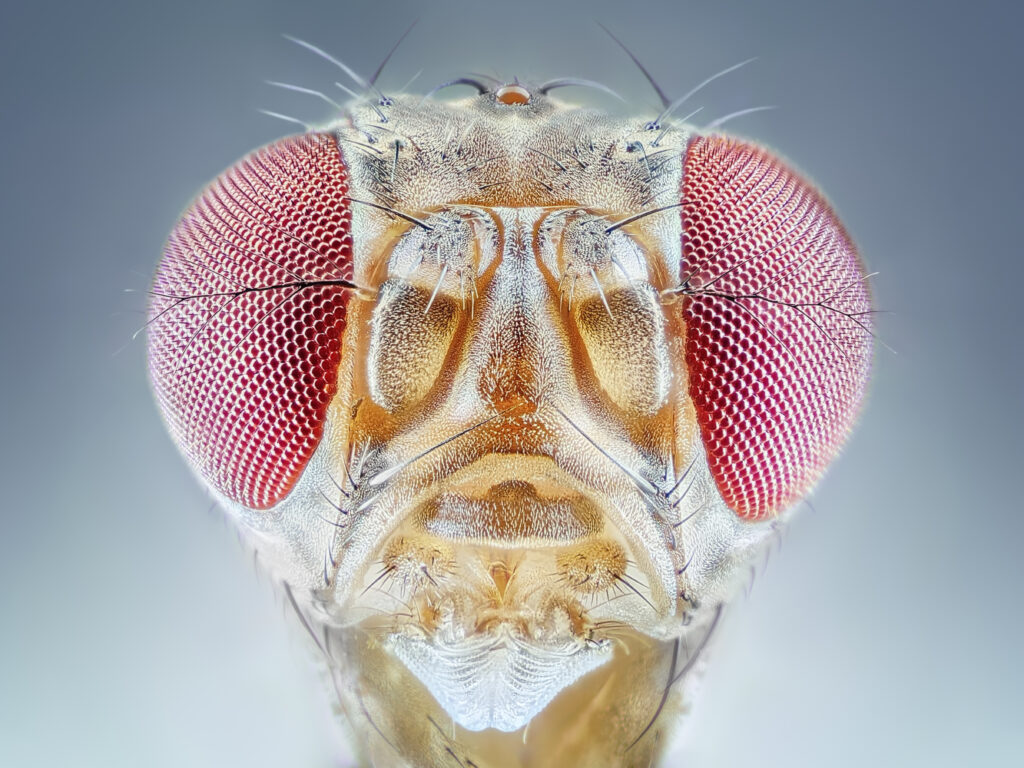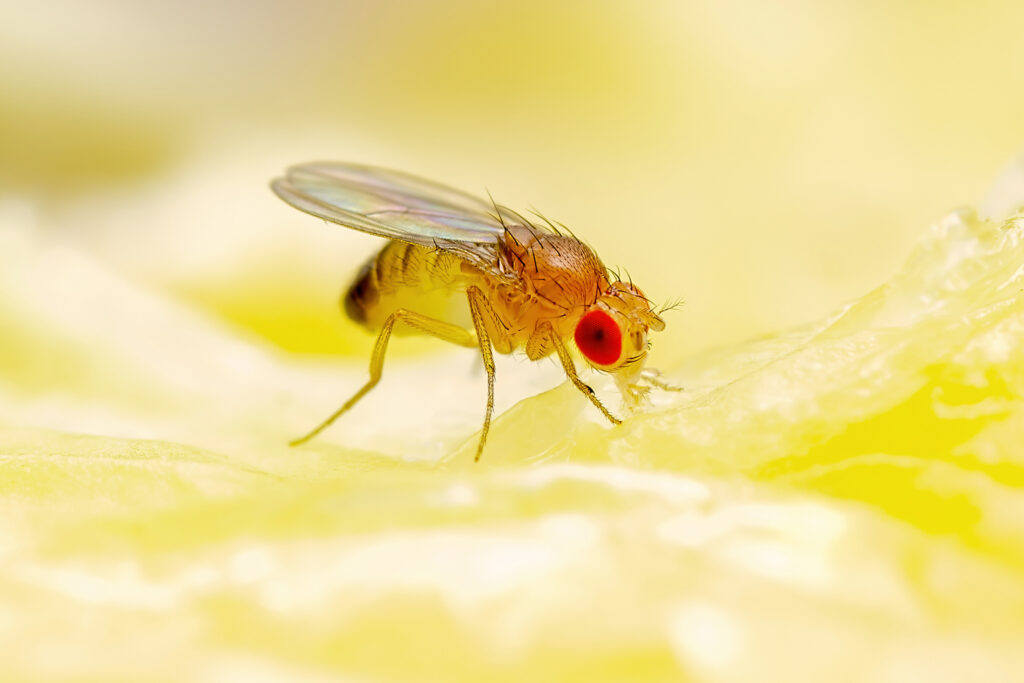We use the fruit fly Drosophila melanogaster to understand how neuropeptides and their G-protein coupled receptors modulate diverse behaviors and physiological processes including feeding, metabolism, stress and reproduction. We utilize multiple approaches in our lab including CRISPR/Cas9, Drosophila genetics, behavioral analyses, optogenetics and calcium imaging. We are also developing cutting-edge genetic tools to study neuropeptide function in Drosophila.


Dr. Meet Zandawala (Assistant Professor)
Department of Biochemistry and Molecular Biology (HMS 205)
University of Nevada Reno
89557 Reno, NV, USA
Neurobiology and Genetics, Biocenter
University of Würzburg
Am Hubland, Building B1, 97074 Würzburg, Germany
Tel: 49 931 3181941
